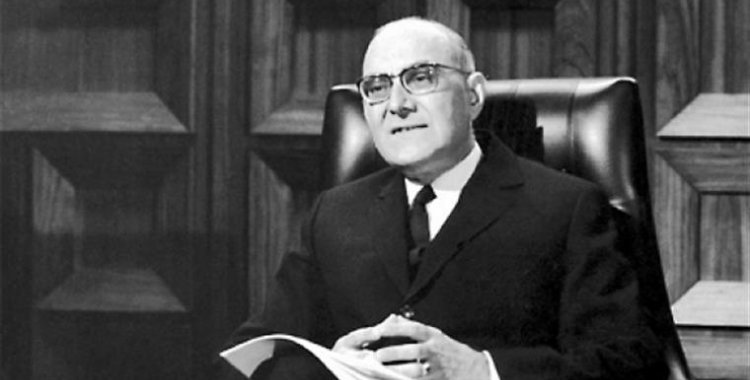The legal advisor of the Maka Angola website, an academic and researcher at the Centre for African Studies at Oxford University, has no doubts, however, that the reformist impulse initiated by Joao Lourenço will no longer be reversed.
"He may be a kind of Angolan Marcelo Caetano: he opens up, tries to reform the system from within, but ultimately the structures of the MPLA [power party] won't let him reform and ends up in a revolution or a seizure. The alternative is to be more like Deng Xiaoping [in China] and end up managing to reform from the inside and launch the country into prosperity," Rui Verde said in an interview with Lusa about the publication of his next book, "Angola at the Crossroads. Between Kleptocracy and Development" (Angola at the Crossroads. Between Cleptocracy and Development).
The book, to be published by IB Tauris, of the Bloomsbury group, in March, is the result of his research work in Oxford and focuses on the last ten years of Angola, addressing the end of the era of the Saints and the transition to the new president, João Lourenço, who finds himself in a "very difficult" situation.
If, on the one hand, the transition to a different system was "almost mandatory" after the system created by José Eduardo dos Santos failed and "hit the wall", as of 2014, his successor, João Lourenço, has not had his life made easy.
"There was a need for reform, the problem is that João Lourenço has been unlucky," he noted, noting that the president is promoting reforms in a world economic situation marked by falling oil prices and a pandemic, following restrictive policies imposed by the International Monetary Fund (IMF), which has an ongoing financial assistance program.
"The fact that the economy is not taking off could have very serious consequences for its reformist intentions," suggested the founder of the Angola Research Network.
The jurist admits that a scenario similar to José Eduardo dos Santos' departure from power, which he considered "a bit hasty" and practically imposed by his peers from the Popular Movement for the Liberation of Angola (MPLA), for more than four decades in power, is also possible.
"There may be a scenario where his peers themselves do not allow him to continue with the reforms and end up provoking a way out. The problem is that, at this moment, the genius has already come out of the bottle and not everything depends on João Lourenço and his will," stressed Rui Verde, indicating that the people are already freely expressing their discontent and took to the streets several times in 2020.
"You don't turn back anymore, you don't know the way", the academic emphasized, stating that there will be a moment when João Lourenço will have to untie the Gordian knot.
"There will be a moment when João Lourenço will have to define himself and clean up, so to speak, the rubbish of the past. Because if he doesn't, he'll be entangled in exactly those dilemmas of Marcelo Caetano in 1972 and 1973, who was said to blink left and turn right (...) I think that 2021, or 2022, will be the moment of João Lourenço's decision: either he goes ahead or he takes serious risks", predicts the law specialist.
About the choice of João Lourenço as successor of José Eduardo dos Santos, also approached in the book, Rui Verde analyzes several theories, from the Russian influence to an option of eduardist continuity that failed.
"There are several currents. One, he says, was a Russian choice and just as José Eduardo dos Santos had a Russian background, the Russians thought it was time to choose another man, also trained in Russia, but I don't believe in that version. Another says the idea was to get a weak leader who was controlled by the MPLA itself, appointing a malleable person. If that was the thought, it failed, because João Lourenço proved to be a strong leader. A third line says that one needed a person with authority and determination and that they thought João Lourenço would be the ideal," he advanced.
Rui Verde said that an attempt was made to replicate the Soviet system of power in Angola, in which the political party controlled the state, keeping the eduardists behind the scenes, but presenting a new, malleable face.
Rui Verde points out that João Lourenço tried, especially in the first two years of his mandate, which began in September 2017, to give a new image of Angola by engaging in an aggressive foreign policy, weakened in recent times by the pandemic, demonstrations and a "certain eduardist counterattack.
For the jurist, it is the youth, who have seen themselves lately in the various demonstrations that marked the year 2020 in the Portuguese-speaking country "that is beginning to hold the future of Angola in their hands.







